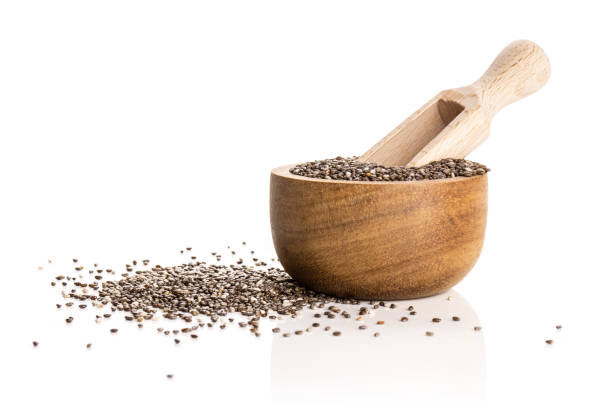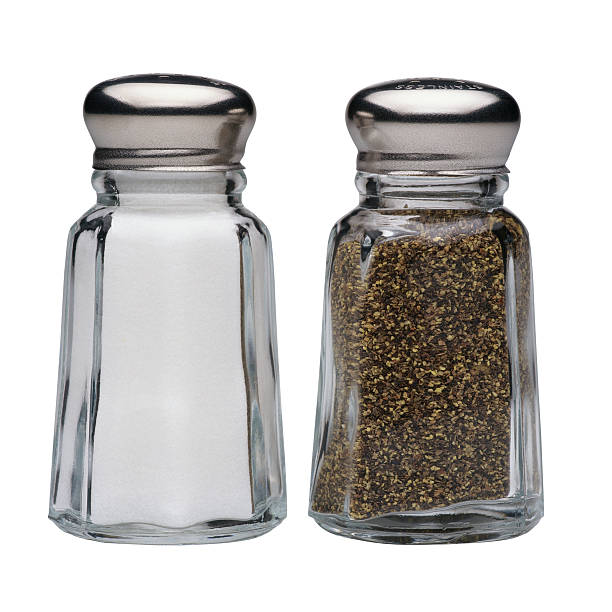Pepper, also known as black pepper or Piper nigrum, is a popular spice that is commonly used to add flavor to a wide variety of dishes. In addition to its culinary uses, pepper is also known for its medicinal properties and has been used for centuries to treat a variety of ailments. In this article, we will discuss the nutritional value of pepper per 100g and whether it is healthy for you.
Nutritional Value of Pepper per 100g
Per 100g, pepper contains:
Energy: 251 kcal
Protein: 8.8g
Fat: 5.7g
Carbohydrates: 62.4g
Fiber: 12.9g
Calcium: 98mg
Iron: 12.7mg
Magnesium: 150mg
Phosphorus: 222mg
Potassium: 1299mg
Sodium: 8mg
Zinc: 2.5mg
Vitamin C: 14.1mg
Vitamin B6: 0.1mg
Vitamin K: 2.5mcg
Pepper is also a good source of antioxidants, including flavonoids and carotenoids, which can help to protect the body against damage from free radicals. Additionally, pepper contains a compound called piperine, which is responsible for its characteristic “hot” taste and has been shown to have anti-inflammatory and analgesic effects.
Is Pepper per 100g Healthy for You?
Yes, pepper per 100g is considered to be healthy for you. Its high fiber content is beneficial for digestive health and can help to prevent constipation. The high levels of antioxidants in pepper can also help to protect the body against damage from free radicals, which can contribute to the development of chronic diseases such as cancer and heart disease.
The high levels of potassium in pepper can also help to regulate blood pressure and maintain healthy heart function. Additionally, the anti-inflammatory properties of pepper may be beneficial for those with conditions such as osteoarthritis and rheumatoid arthritis.
However, pepper should be consumed in moderation, as excessive consumption can cause stomach irritation and other digestive issues. It is also important to note that pepper can interact with certain medications, such as blood thinners and non-steroidal anti-inflammatory drugs, so it is important to speak with a healthcare professional before consuming large amounts of pepper if you are taking any medications.
In conclusion, pepper is a healthy and flavorful addition to a wide variety of dishes. It is rich in nutrients, antioxidants, and anti-inflammatory compounds, and can provide a number of health benefits when consumed in moderation. However, it is important to speak with a healthcare professional before consuming large amounts of pepper if you are taking any medications.

 Home
Home Health
Health Diet & Nutrition
Diet & Nutrition Living Well
Living Well More
More












